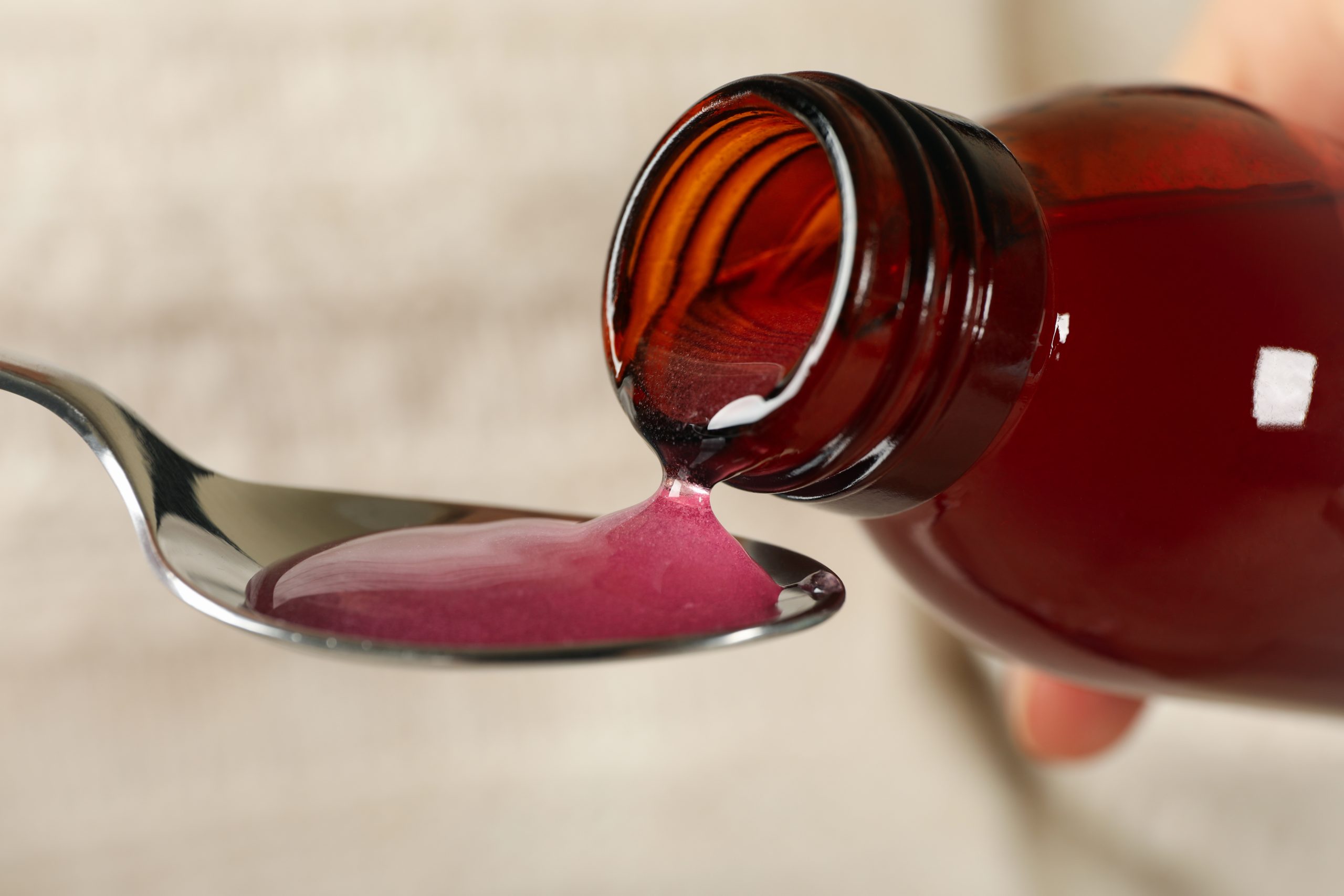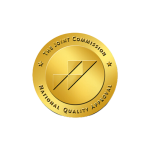What You'll Learn:
- Uncover the serious implications of cough syrup addiction.
- Understand the complexities of cough syrup withdrawal.
- Learn about the significant cough syrup abuse long term effects.
- Recognize the cough syrup abuse signs for early intervention.
- Explore comprehensive cough syrup abuse treatment options for effective recovery.
Cough syrup is often perceived as a harmless remedy for alleviating symptoms of the common cold and flu. However, certain types of cough syrups contain psychoactive ingredients that can induce a high when taken in large quantities or outside of medical guidance. This misuse can lead to a serious condition known as cough syrup addiction. This addiction is particularly insidious because it involves a legal, over-the-counter medication, making it accessible to a wide range of ages and demographics.
Understanding Cough Syrup Addiction
Cough syrup addiction refers to the compulsive use of cough medicines that contain mind-altering substances like dextromethorphan (DXM) or codeine. These substances can produce feelings of euphoria and detachment from reality when consumed in large amounts, leading to repeated misuse and addiction. This type of addiction is dangerous because it is often overlooked due to the legal status and common presence of the product in households.
The Withdrawal Process
Cough syrup withdrawal can be a challenging and uncomfortable process, especially for those who have been using the medication heavily for an extended period. Symptoms of withdrawal can range from mild to severe and typically include anxiety, insomnia, tremors, sweating, nausea, and in more severe cases, hallucinations and disorientation. These symptoms make cough medicine addiction withdrawal particularly difficult to manage without professional help.
Long-Term Effects of Abuse
The cough syrup abuse long term effects are varied and can impact nearly every system in the body. Physiologically, prolonged abuse can lead to high blood pressure, liver damage, and potential brain damage due to the toxic effects of high doses of DXM or codeine. Psychologically, users may experience deteriorating mental health, including depression, anxiety, and severe mood swings. These effects underscore the seriousness of cough syrup addiction.
Recognizing the Signs of Abuse
Recognizing the cough syrup abuse signs is critical for intervening before the addiction causes irreversible damage. Signs include frequent and secretive use of cough syrup, hoarding multiple bottles, physical symptoms like drowsiness or hyperactivity, and withdrawal from social activities. Early detection leads to more effective treatment outcomes.
Treatment and Recovery
Effective cough syrup abuse treatment must address both the physical dependency and the psychological aspects of the addiction. Detoxification is the first step, helping to cleanse the body of the substances. However, detoxing alone is often not enough. Comprehensive treatment programs that include behavioral therapy, counseling, and support groups are crucial for dealing with the psychological triggers of addiction. These programs help individuals develop healthier coping mechanisms and strategies to maintain long-term sobriety.
Preventative Measures and Education
Prevention is also a key component in combating cough syrup addiction. Educating parents, young adults, and teenagers about the dangers of misuse and the potential for addiction is crucial. Schools and community health programs should provide resources and information to raise awareness about the risks associated with recreational use of cough syrup.
If you or someone you know is showing signs of cough syrup addiction, it’s important to seek help immediately. At American Recovery, we offer specialized cough syrup abuse treatment tailored to each individual’s needs, ensuring a holistic approach to recovery. Don’t wait to take back control of your life. Contact us at 866-484-2502 for more information on our programs and how we can assist you or your loved one in overcoming this addiction. Remember, a healthier, happier future without dependence on cough syrup is possible, and it starts with reaching out for help.


